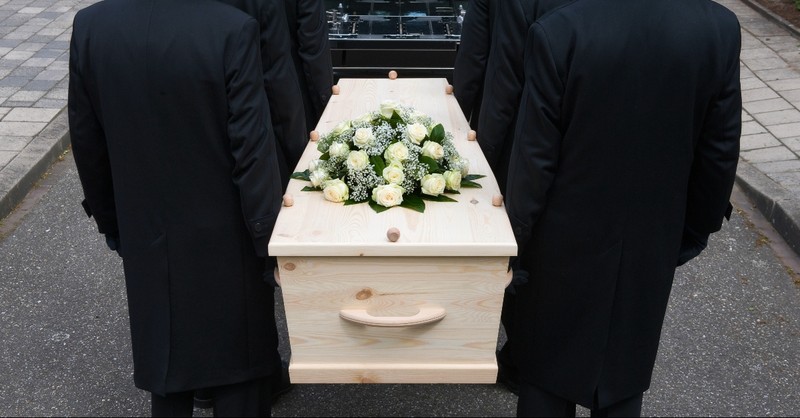
“Naomi said to her two daughters-in-law, ‘Each of you, go back to your mother’s house. May Adonai show grace to you, as you did to those who died and to me.'”-Ruth 1:8
Verse 8 contains a strange statement uttered by Naomi.
She says to her two daughters-in-law: “May Adonai show grace to you, as you did to those who died and to me.'”
The NIV says “May the Lord show you kindness, as you have shown kindness to your dead husbands and to me“.
Now what in the world does that mean?
From your modern perspective, you’re probably thinking it’s just some ancient way of saying the women were diligent in showing respect and kindness to their husband’s memories.
Right?
Actually, WRONG.
This statement actually gives us a peek into the superstitious beliefs and burial practices that were common in the ancient Middle East including Israel.
That’s right.
I know some of you might have difficulty accepting this, but ancestor worship was widely practiced among the ancient Hebrews.
The idea that after somebody died they went up to heaven simply wasn’t part of the Hebrew belief system.
Rather, the Hebrews believed the deceased continued to exist in a different form in some underground place set aside just for them.
This dwelling place for the dead was referred to as either “Abraham’s bosom” or the “Place of Torments”.
Since it was believed the dead were still “alive” but just in a different form, the other family members (usually the children or wife of the deceased) would go and bring food to the burial site to “feed” the spirit of the dead person.
And they would continue to say prayers on behalf of their now dead relatives.
It was especially important to keep speaking the deceased’s name so it didn’t vanish with the passage of time.
If one’s name stopped being spoken, that meant the termination of the afterlife of the dead person.
I know these customs seem strange but that’s what folks back then really believed.
So when Naomi said to Ruth and Orpah “May the Lord show you kindness, as you have shown kindness to your dead husbands and to me“, she was referring to all of the weird superstitious practices I just explained.
In other words, Ruth and Orpah had been careful to tend to their dead husbands by performing the customs of the time.
Naomi was praising them for this even though it was unbiblical…
Which leads to the takeaway for today.
When we read Scripture, it’s up to us to be careful to distinguish between those customs and traditions that are legitimately God-ordained and those that aren’t.
In the New Testament, we also see Yeshua doing this.
With regards to the dead, here’s a perfect case in point I’m sure you’re familiar with.
“He said to another man,
‘Follow me.’
But he replied,
‘Lord, first let me go and bury my father.’
Yeshua said to him,
‘Let the dead bury their own dead,
but you go and proclaim
the kingdom of God.'”
-Luke 9:59-60
Here we see the man wanting to follow the “customs” of the time and Yeshua responded by letting him know where his priorities should lie.
This is also a lesson for us.
We shouldn’t let worldly customs and traditions handcuff us OR take priority over the work we’re called to do for the Kingdom.
Over and out.



Tnx
Welcome!